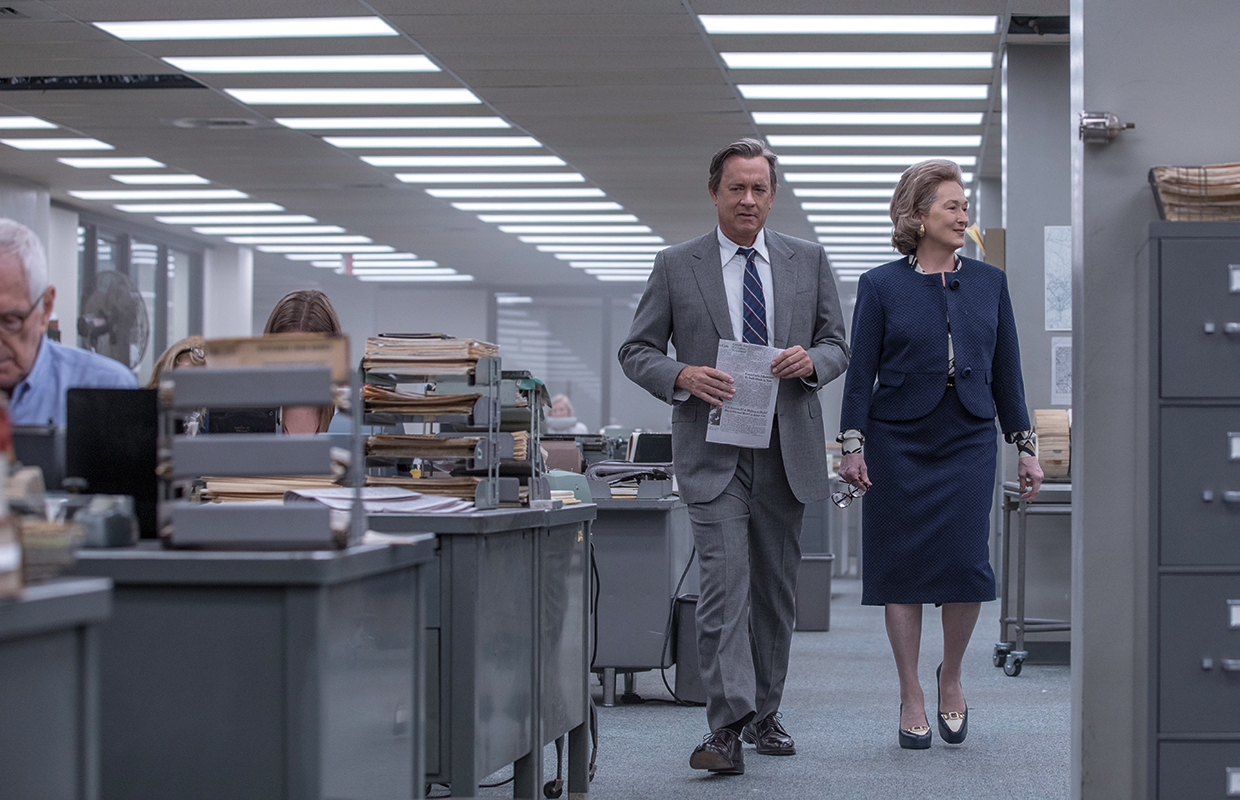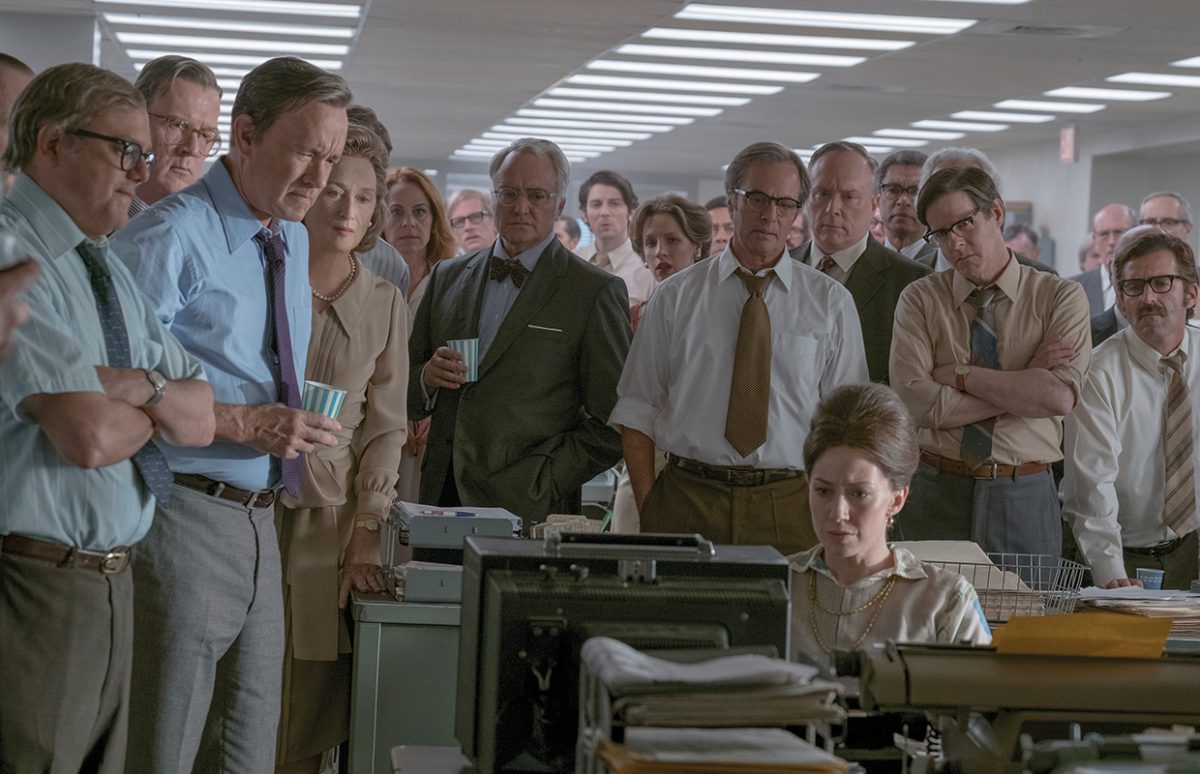In this era of fake news, Stephen Spielberg’s latest film looks back at the true story of the Pentagon Papers. Publishing news of this leaked government report put investigative journalists and newspaper publishers at real risk of prosecution. And yet, against the odds, they went ahead and set the scene for the Watergate scandal.
The Post tells the story of the "Pentagon Papers" – a leaked top-secret government report entitled "History of U.S. Decision-making in Vietnam, 1945-66". The report showed that four successive presidents, Truman, Eisenhower, Kennedy and Johnson, had misled the public about U.S. operations in Vietnam, ostensibly pursuing a strategy towards peace while the military and CIA were covertly expanding the war.
The New York Times obtained the leaked 7,000-page report and after failing to interest Congress members in its contents, set up a secret team of journalists in a hotel for three months to comb through the report to find and verify stories. On 13 June, 1971, they published the first of a planned series of articles. On 15 June, the Nixon Administration obtained a court injunction to stop them publishing any further stories.
Publish and be Damned?
This is where the dilemma at the heart of the film starts. The Washington Post managed to obtain a partial copy of the report. Its publisher Katharine Graham and editor Bradlee had to decide whether to publish, sure in the knowledge that the Administration would seek an injunction against The Post too. The paper was in a fragile state financially, and about to launch a public shares offer to bolster its capital. A legal action would not appeal to investors. Publication could mean financial ruin for Graham's family, the loss of their livelihoods for the staff, and a real risk of going to prison.
And yet… telling the story meant standing up for the thousands and thousands of lives that had been sacrificed in Vietnam.
Their Day in Court
Graham gave the go-ahead to publish and The Post was duly added to the Times legal action. But on 30 June, the Supreme Court examined the injunction and overturned it. In the judgement, Justice Hugo Black wrote:
“In the First Amendment the Founding Fathers gave the free press the protection it must have to fulfil its essential role in our democracy. […] In my view, far from deserving condemnation for their courageous reporting, the New York Times, the Washington Post, and other newspapers should be commended for serving the purpose that the Founding Fathers saw so clearly. In revealing the workings of government that led to the Vietnam war, the newspapers nobly did precisely that which the Founders hoped and trusted they would do.”
For The Washington Post it was the beginning of a new era. From a slightly provincial paper it took on a national stature. The following year, it was The Post's Carl Bernstein and Bob Woodward who broke the Watergate scandal that led to Nixon's resignation.

1971-2017 Same Combat
Although set in 1971, Spielberg's film is astonishingly contemporary. The team investigation of leaked papers echoes recent scandals like the Paradise and Panama Papers which have been revealed by an international syndicate of investigative journalists and newspapers. The film's central figure is a strong female role – the publisher Katharine Graham, the first woman to helm a national newspaper.
Katharine Graham (Meryl Streep) wasn't a journalist. The Post had been in her family since her financier father bought it in 1933. In 1946, Katharine Graham's husband, Phil, took over as editor. In 1963, he committed suicide and Graham, housewife and mother of four, found herself at the head of a national newspaper. By 1971, she had found her feet, but the Pentagon Papers would be the test that would turn her into the formidable and respected publisher she became, the first woman to head a Fortune 500 company.
Like last year's Spotlight, also about investigative journalism, The Post has been nominated for Best Picture Oscar, as well as a nomination for Streep as best actress. In a post-truth world, the story of women and men willing to risk all to tell the truth has truly struck a note with audiences and awards juries alike.
Copyright(s) :
Twentieth Century Fox
> Word of the Year: Fake News
> Did Britain Just Have A Youth Quake?





